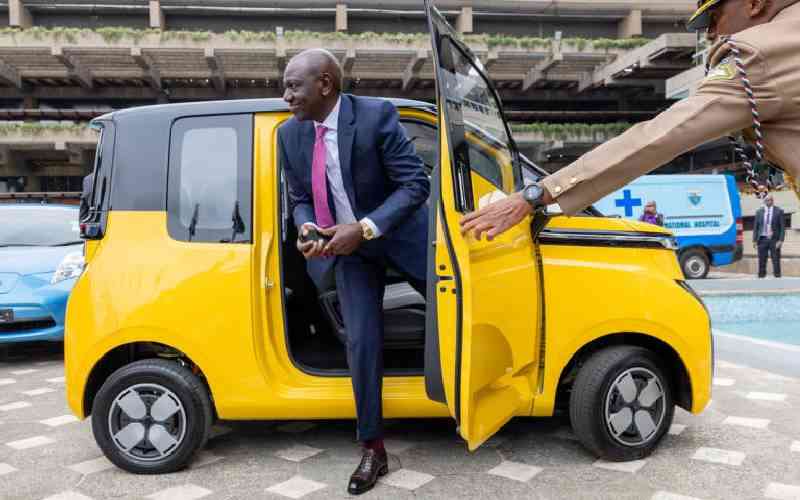
The Transport Ministry has revealed plans to ban the sale of petrol and diesel-powered vehicles in the country by 2030. President William Ruto also said recently there are plans to phase out petrol-powered motorcycles in favour of electric motorcycles.
This is a laudable move and would come with a number of benefits including reduction in air pollution and fighting climate change, something that is increasingly becoming urgent. Internal combustion engines emit pollutants including greenhouse gases and continue to make global warming worse.